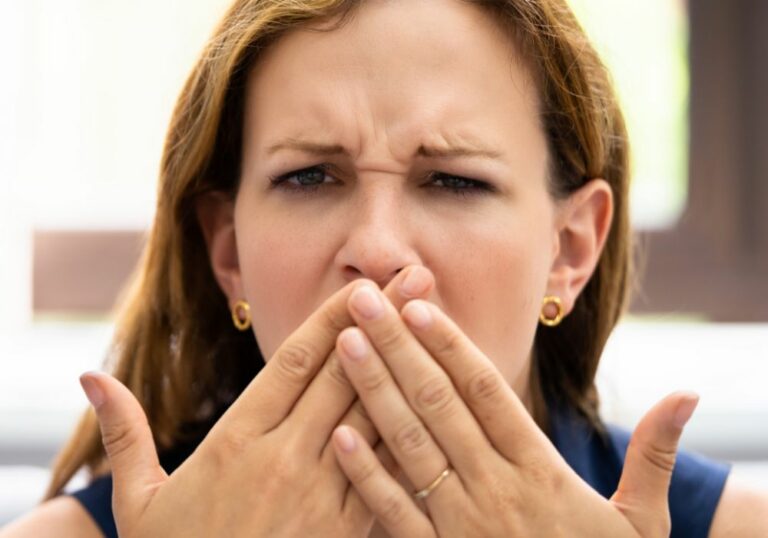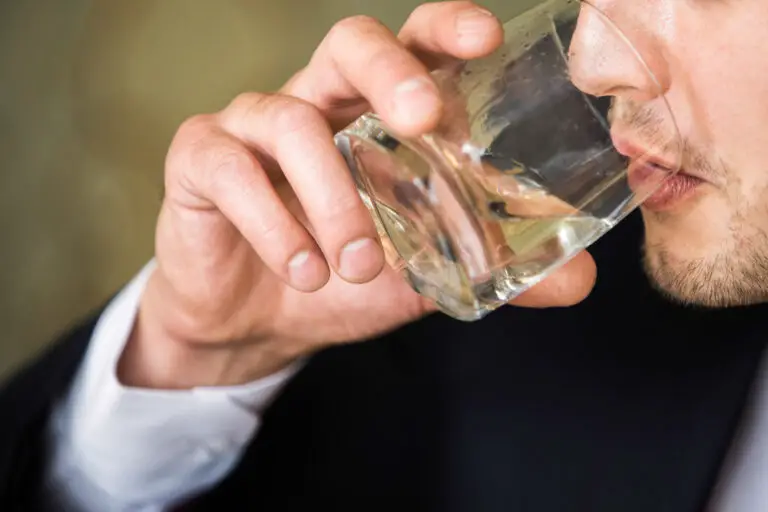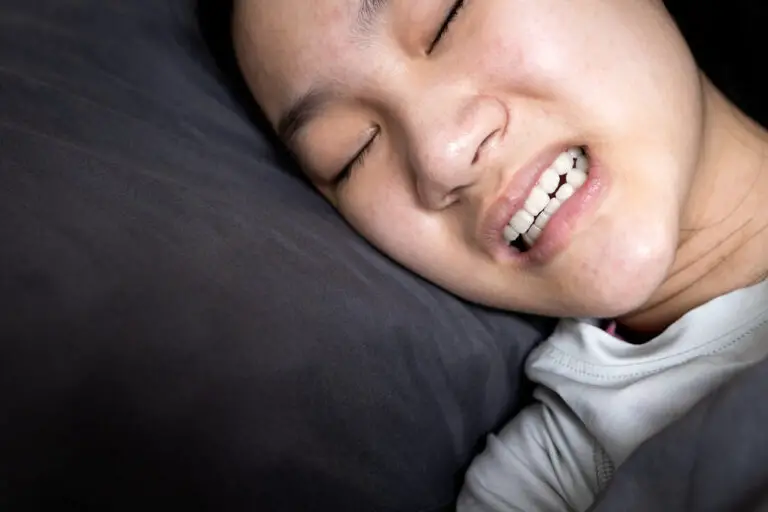A chipped tooth refers to a tooth that has a broken or cracked part. The chipped part of the tooth may vary in size – it can be just a small chip or a large fragment. Chipping usually affects the tooth enamel, which is the outer protective layer of the tooth. But in some cases, a chipped tooth may expose the inner dentin layer or even the pulp (nerve) of the tooth.
Understanding Tooth Chipping and Its Causes
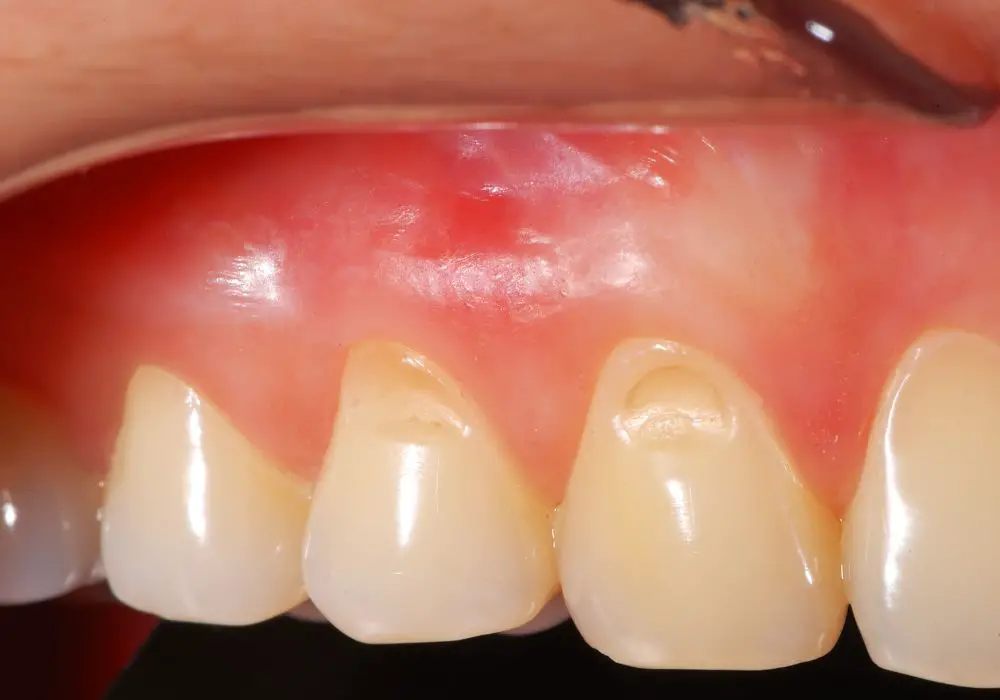
There are several causes of chipped and cracked teeth:
- Chewing on hard foods or objects – Nuts, hard candies, ice, popcorn kernels and other hard foods can crack or chip teeth. Chewing on pens, nails or other hard objects can also cause chips and cracks. The hardness and texture of these items places high stress on the teeth that can fracture the enamel.
- Grinding or clenching teeth – Those who grind or clench their teeth, a condition known as bruxism, put a lot of pressure on their teeth. This generates forces up to hundreds of pounds per square inch. Over time, this can result in chipped or cracked teeth. The excessive forces wear down and weaken the enamel.
- Trauma – A fall or blow to the face can crack or chip teeth. Sports injuries commonly cause dental trauma resulting in chipped teeth. The high impact fractures or breaks off enamel. Car accidents can also cause teeth to chip and break due to blunt force facial trauma.
- Tooth decay – Allowing cavities to spread can weaken tooth structure and make the teeth prone to chipping and cracking. Decay creates microscopic pores in the enamel that act as stress raisers. This makes the outer enamel more likely to fracture under bite pressure.
- Large fillings – Having large fillings, especially on back teeth, may cause a tooth to crack when biting down. The filling material cannot support the tooth as well as the original tooth structure. It also makes the tooth more rigid and less resilient to fractures.
- Previous dental work – Teeth that have had root canals or other restorative treatments may become brittle and prone to chipping over time. The inner tooth changes make the outer enamel more fracture-prone. Cracks may form around the margins of previous fillings and crowns as well over time.
Why You Shouldn’t Ignore a Chipped Tooth
While a small chip in your tooth enamel may seem harmless, there are important reasons why a chipped tooth should not be ignored:
Pain and Sensitivity
The dentin and pulp layers underneath the enamel are very sensitive. When the enamel is chipped, these layers have little protection, resulting in tooth sensitivity and pain. The exposed dentin may also allow decay-causing bacteria to infiltrate deeper into the tooth and irritate the living pulp tissue. This can cause inflammation, infection and severe toothache.
Risk of Further Damage
A cracked or chipped tooth is weaker and more prone to additional damage. The initial crack creates a stress concentration point. Simple daily activities like eating and chewing can then cause the crack to propagate deeper into the tooth structure causing a minor chip to turn into a severely broken tooth over time.
Aesthetic Concerns
Chipped teeth affect the natural appearance of your smile. The rough, sharp edges of a cracked tooth and the dark exposed inner tooth layers can be unappealing. They detract from an attractive smile. Chipped front teeth, in particular, are a cosmetic concern. The uneven teeth make you less likely to show your smile.
Infection Risk
If the pulp chamber of the tooth is exposed, dangerous bacterial infections could result. The inner pulp tissue contains nerves and blood vessels that are extremely sensitive to external stimuli and pathogens. A chipped tooth left untreated leaves you at risk for tooth abscesses, infections spreading to other teeth, bone loss, and possibly life-threatening systemic infection.
Difficulty Eating
Chewed food can become trapped in chipped areas of teeth. Jagged enamel edges may also cut or injure your tongue and cheeks. This can make eating challenging and painful. It may cause you to shift your bite pattern to favor the chipped tooth, leading to uneven wear and dental problems.
Alignment and Bite Issues
A large broken piece or chip in a tooth can shift teeth out of proper alignment. It alters the contact between teeth and affects your bite. This imbalance can also throw off your TMJ or jaw joint. Jaw soreness, headaches, and other chronic pain can result.
To avoid serious complications, chipped teeth need to be examined and restored as soon as possible. The longer treatment is delayed, the greater the risks.
Seeking Treatment for a Chipped Tooth
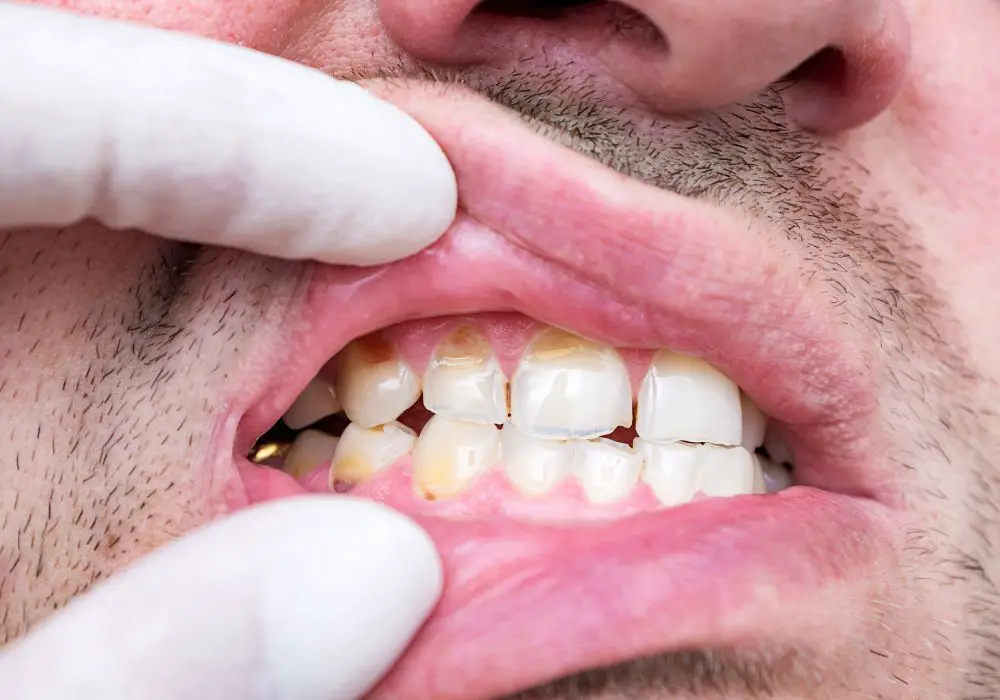
If you have chipped a tooth, make an emergency dental appointment right away. Here’s what to expect with treatment:
Diagnostic Exam
The dentist will start by thoroughly examining the chip or crack and checking for signs of infection, injury or damage to surrounding teeth. They will determine if the chip is confined to the enamel or extends deeper. X-rays may be taken to check for unseen cracks extending below the gum line or into the root. Special tests may check for pulp vitality.
Cleaning
The chipped area will be cleaned under magnification to remove debris and bacteria. Hand instruments and a polishing paste are used to smooth out sharp enamel edges. This is done gently to minimize damage or irritation to your tongue. Any exposed dentin or pulp is treated with a sealing agent.
Monitoring
If the chip is very small and has not exposed the dentin or pulp chamber, the dentist may just smooth out rough edges and monitor the tooth over several weeks. A temporary tooth-colored filling or a resin-based sealant may be placed over the chip for protection.
Restorations
For fractures with inner tooth layers showing, a dental restoration is required to cover exposed areas. Options include:
- Dental bonding – Tooth-colored composite resin material is applied in layers to small- to medium-sized chips. An etching solution helps bond the material.
- Veneers – These thin porcelain or composite covers are bonded over front teeth with mild to moderate chips. More conservative than crowns.
- Crowns – Full porcelain, ceramic or gold crowns cover damaged areas for large chips or severely cracked teeth.
- Root canal – First needed if the pulp chamber is exposed to prevent infection before restoration.
Tooth Extraction
If the tooth is severely broken with extensive loss of tooth structure, extraction and replacement with a dental implant, bridge or partial denture may be required. This is the last resort when the tooth cannot be saved.
Here is a table summarizing the common chipped tooth treatments:
| Size of Chip | Treatment |
|---|---|
| Very small | Polishing, monitoring |
| Small | Dental bonding |
| Medium | Dental bonding or veneers |
| Large | Crowns or veneers |
| Severe | Extraction and replacement |
Proper restoration of a chipped tooth is crucial for restoring function, alleviating pain, preventing bacterial ingress, and regaining natural tooth appearance. It also prevents serious dental health issues down the road.
Prevention Tips to Avoid Chipped Teeth
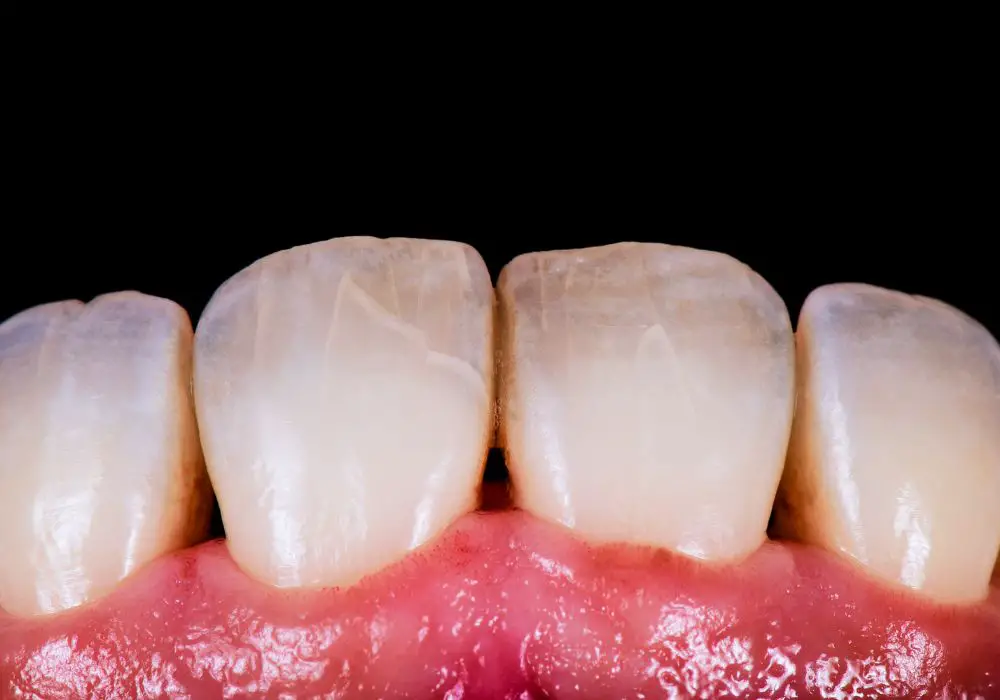
Once your chipped tooth is restored, follow these tips to prevent cracks and breaks in the future:
- Use a custom night guard if you grind your teeth at night
- Wear a sports mouthguard for any contact sports or vigorous athletics
- Avoid chewing on hard foods like ice, hard candies, or popcorn kernels
- Don’t use your teeth to crack nuts or seeds – use a nutcracker
- Take care when tearing open packages – use scissors instead
- Replace old metal fillings and crowns that may weaken or crack teeth over time
- Maintain excellent oral hygiene to prevent cavities and dental decay
- Get prompt treatment if you injure a tooth to prevent worsening
- Use a soft bristle toothbrush and brush gently to minimize enamel wear
- See your dentist regularly for exams and professional cleanings
Frequently Asked Questions About Chipped Teeth
What are the symptoms of a chipped tooth?
Symptoms of a chipped tooth include:
- Sharp edges or uneven surfaces on the tooth
- Tooth pain or sensitivity, especially to hot and cold
- Darker inner layers of the tooth showing through the enamel
- Discoloration or bleeding at the gum line
- Swelling, foul taste or throbbing pain indicating inner pulp exposure
- Tooth feels higher or lower than adjacent teeth
How long can a chipped tooth go untreated?
Ideally a chipped tooth should be treated as soon as possible, within a few days. The longer treatment is delayed, the higher the risks of severe pain, bacterial ingress, infections, and extensive inner damage leading to complex dental work or tooth loss. See your dentist right away if the chip is large, you have symptoms, or inner layers are visible.
Can you repair a chipped tooth at home?
Do not attempt to repair a chipped tooth at home. The rough edges need to be properly smoothed and polished with specialized dental instruments so you do not damage your tongue, lips or cheeks. Exposed inner tooth layers also require professional restoration to prevent complications. See your dentist promptly for proper treatment.
How do you temporarily relieve pain from a chipped tooth?
- Rinse with warm salt water to keep the area clean
- Take over-the-counter pain relievers like acetaminophen or ibuprofen
- Use dental wax or cotton gauze to cover sharp edges
- Avoid chewing on the side with the chipped tooth
- Eat soft foods and run warm liquids over the tooth for temporary relief
How much does it cost to repair a chipped front tooth?
Costs vary based on the treatment needed. Dental bonding for a small front tooth chip typically runs $250-$600 per tooth. Porcelain veneers for medium chips are $925-$2500 per tooth. And a full porcelain crown for a large chip usually costs $1000-$3000 per tooth. Check with your dentist for exact rates based on damage.
The Takeaway
Chipped teeth should never be ignored no matter how small the chip may seem. Seek dental treatment promptly to restore structure and appearance and prevent serious complications like infections, cracks, pain, and tooth loss. Protect your smile by preventing chips and caring for your teeth properly. Regular dental visits and prompt treatment are key to keeping your teeth intact.

